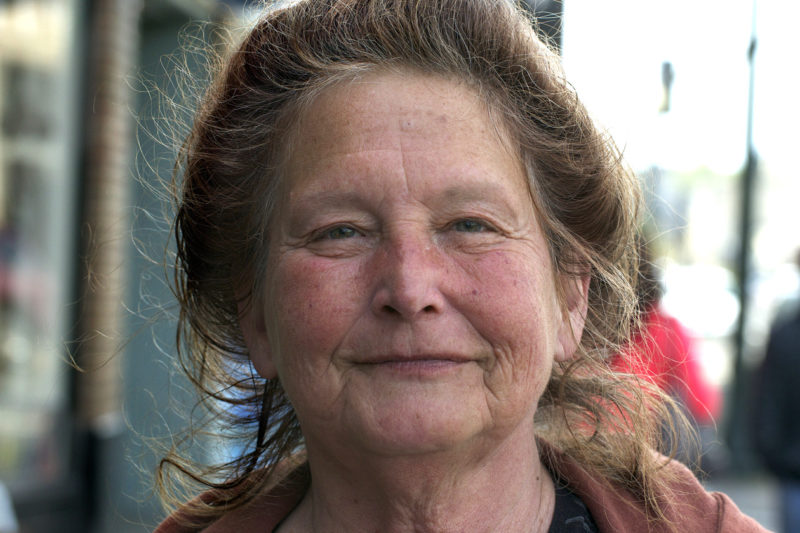
As a counterweight to the depressing topic discussed today, I chose some of the happiest older faces I met in my wanderings.
The article below is long, complex and I thought instructive. It is written by a Dutch doctor who helps with assisted suicide, legal in Holland, although only for Dutch citizens (unlike Switzerland which welcomes other people who seek that kind of fate.) He explains the concerns and hesitations and fears surrounding this act, but, more importantly, points to how improved palliative care could avert decisions of suicide. Palliative care has seen lots of changes in the last decades, as spelled out in the other two links, but for every step forward there seems to be some steps back – particularly when some insane nurse goes on a “mercy” killing spree in yet another hospital or nursing home.
I can think of many reasons that speak against assisted suicide beyond religious ones. The slippery slope to euthanasia has to be avoided; one of the largest fear of the dying is to be a burden on others – will that be a motivating psychological force? Does that justify the loss of a life? I can also think of many reasons that speak in favor, including the fact that there are certain types of unbearable pain that cannot be relieved by current pharmaceuticals. In the end it has to be a personal decision, with a safeguard structure provided from the outside, as it is in Oregon’s laws.

http://www.threepennyreview.com/samples/keizer_f16.html
http://www.nytimes.com/2016/02/16/health/in-palliative-care-comfort-is-the-top-priority.html?_r=1
https://www.1843magazine.com/features/how-to-have-a-good-death







Steve Tilden
I have wondered how to reconcile fighting as a soldier with suicide. Does the soldier who is killed in battle contribute his (her) death to preserving his family’s (country’s) way of life? Preserving, protecting, the economic system, the political system, he fights for?
If so, wouldn’t it be so that a decision to die before all family resources are spent to prolong a life, wouldn’t that decision be parallel in some way? Quality of life seems central to this perspective, vice mere quantity.
I recall seeing a segment about a man on his death bed, surrounded by contentious family, who acknowledged he was in the last throes of his life, but when asked if he wanted all possible efforts to keep him alive, he nodded vigorously, yes, yes!
My father had a DNR document, but when he entered his final phase (bleeding profusely from his gut) the housekeeper (who knew full well about the DNR) called 911. Ambulance EMTs don’t care about DNR orders, and once all hooked up, no one could unhook him. The idiot physician at the local hospital even told me he was considering a pacer implant. My father died the next day, three days worth of futile intensive medical care.
I do not want that to happen to me; I’d like to die like my sister, in my sleep. Alas, I may be too healthy for that.
And leave something of my wealth to my family . . . like that soldier who died on the battlefield.